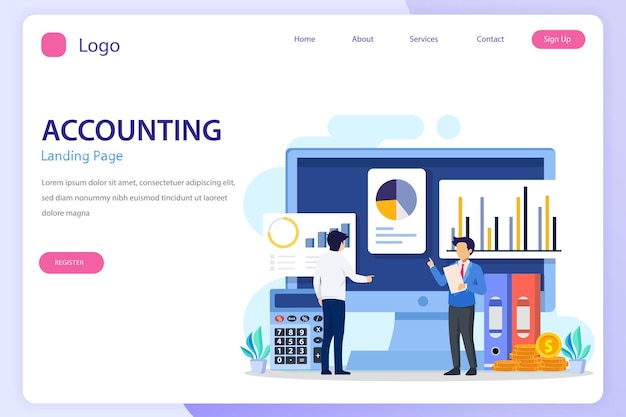
Improving your financial health starts with understanding your spending habits. By keeping track of your expenses, you gain valuable insights into your spending patterns and can identify areas that require changes, as well as areas of prudence. The process of tracking can be made easier and more effective by adopting a systematic approach.
STEP 1: IMPLEMENT PERSONAL FINANCE SOFTWARE
To kick start your journey to sound financial management, consider employing personal finance software or using online finance management applications. These resources, such as Quicken, Mint.com, GnuCash, and moneyStrands, come in both free and paid versions. You can customize these tools to interface directly with your bank accounts, or choose to manually input data.
STEP 2: ESTABLISH SPENDING CATEGORIES
Upon setting up your accounts or profile, the next step is to create spending categories. Many applications or programs provide preset categories. However, you should customize them to suit your specific needs. Consider your frequent expenditures and classify them into categories like Groceries, Entertainment, Housing, Retirement, etc. To track minor expenses that cumulatively impact your budget, you may create categories such as Snacks and Fast Food.
STEP 3: MONITOR YOUR SPENDING
Being consistent and vigilant about recording your expenses is crucial. This involves documenting all transactions, including credit card expenses and checking account withdrawals. A good practice is to set up a ‘Cash’ category to account for cash purchases. If there’s a significant amount spent through cash transactions, you might need to reconsider certain expenses, many of which can be unnecessary impulse purchases.
STEP 4: REVIEW SPENDING REPORTS
Consistent tracking can only be beneficial if coupled with regular reviews of your spending habits. Using reports generated by your financial software or application, evaluate your spending in each category. You might be astounded by the amount spent on categories like Entertainment, Snacks, and Recreation. Recognizing patterns can help you devise strategies to reduce costs, for example by revising your shopping list or hunting for coupons in case of high spending in Groceries and Household items. Likewise, a critical analysis might reveal excessive bank charges, prompting you to consider switching banks.
Being disciplined about tracking your expenses is a fundamental aspect of financial management. When done correctly, it empowers you to regain full control over your finances.


